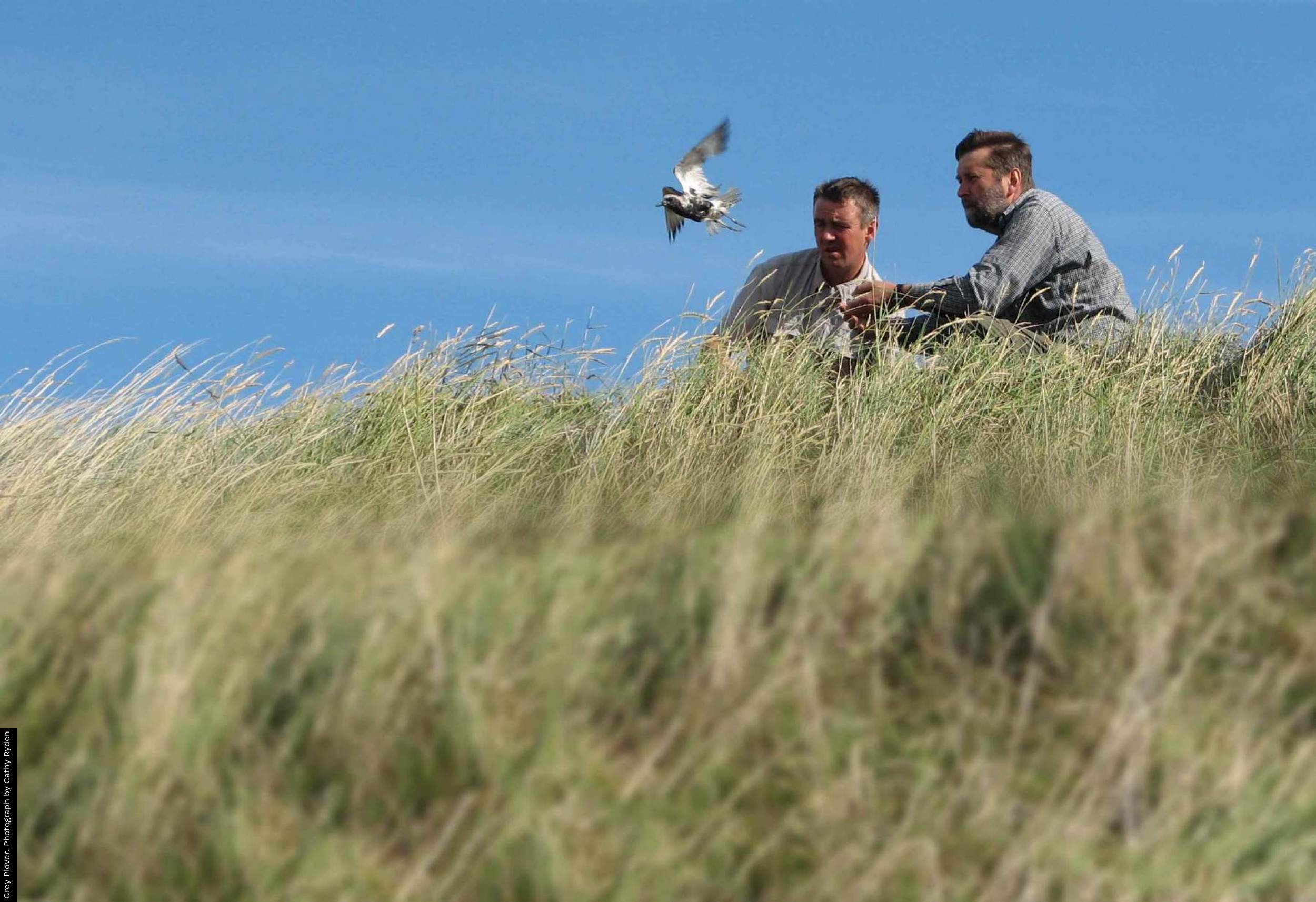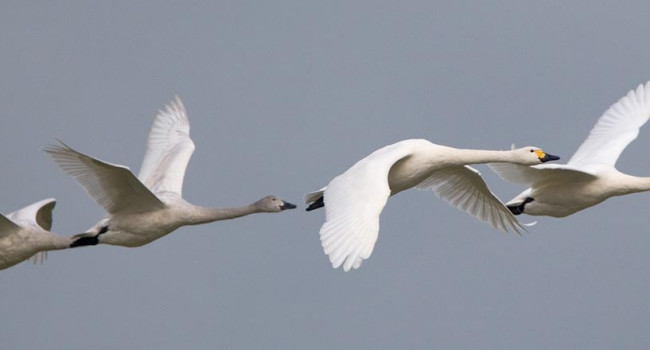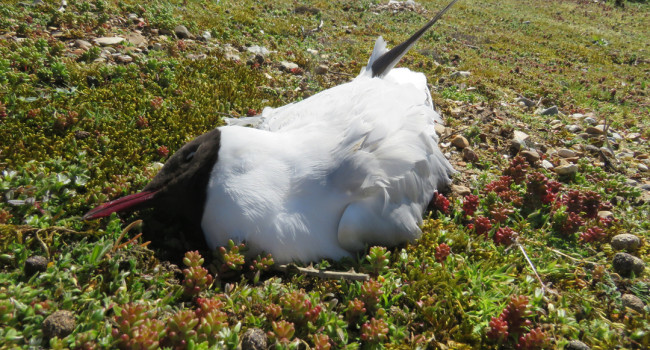Scheme quality assurance procedures
BTO schemes collate a large amount of data, mostly contributed by volunteers, so it is essential that these data are appropriately collected, validated, stored and interpreted.
Data from schemes operated by the British Trust for Ornithology, in partnership with others, are used to provide evidence that support decisions in a wide range of policy areas and underpin a large amount of scientific research both by BTO and by other partners and organisations.
The schemes collate a large amount of data, mostly contributed by volunteers, so it is essential that these data are appropriately collected, validated, stored and interpreted. The Trust has robust procedures in place to facilitate this. In particular, we ensure that:
i) data are collected using repeatable, systematic observation
- In general, surveys are designed such that sampling is approached in a systematic way. We aim for our surveys, as far as is reasonably practicable, to sample from representative locations and that sampling is structured consistent with the survey’s aims.
- We consider the use of professional surveyors to provide data from regions that might otherwise not be covered, if this is appropriate to the survey’s aims.
- All observers are provided with clear guidelines detailing data collection methods.
- We provide opportunities for training and relevant support material to surveyors, both on paper and digitally, through our website and other media to ensure surveyors are well-informed about data collection protocols and the need to ensure these are done in a consistent manner.
- We promote the use of online data capture to reduce opportunities for transcription errors and facilitate consistent validation and record verification. All data are subject to robust validation/verification procedures by staff, and where necessary, external experts (e.g. county recorders) appropriate to the data being collected as detailed in our Statement of Data Verification and Validation Procedures.
ii) data collection is appropriate for the scheme goals
- The Trust’s long-term monitoring schemes are subject to oversight by either a steering group (Breeding Bird Survey; Wetland Bird Survey) or a Committee comprising staff and volunteer members (Ringing and Nest Recording Committee). Species specific surveys and periodic surveys are overseen by the Regional Network Committee comprising staff and members of the Trust’s network of regional organisers. These two Committees report to, and are overseen by, the Trust’s governing Board of Trustees.
- These groups provide strategic oversight of the schemes’ goals to ensure their operating methods are appropriate and fit for purpose.
- We regularly hold workshops and meetings on specific aspects of scheme operation, as necessary, involving participants, organisers, data-users and wider stakeholders, to ensure the schemes are collecting relevant data appropriate to the uses to which they are being directed.
iii) data are stored securely
- BTO operates a Computer Security Policy covering back-ups and recovery, file access, use of the Internet, and cyber-security.
- As far as is reasonably practicable, all data collected are housed in a secure Oracle database, with a centralised backup system including daily backups of key data; a continuous archive log is generated allowing recovery to the point in time of any media failure.
iv) data are analysed, with appropriate inferences drawn, and published
- All of the Trust’s scientists are expected to follow our Code of Good Scientific Practice, which incorporates guidance on quality management procedure to ensure analyses are undertaken to a sufficient standard. This policy is reviewed annually by the Trust’s governing Board of Trustees to ensure it is current and relevant.
- We aim to publish all analyses in the international peer-reviewed scientific literature. This provides additional scientific oversight over both analytical and data collection methods ensuring they are both reliable and appropriate to the questions or hypotheses that are being tested.






Share this page